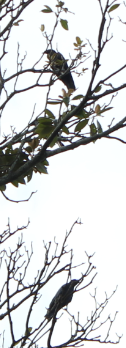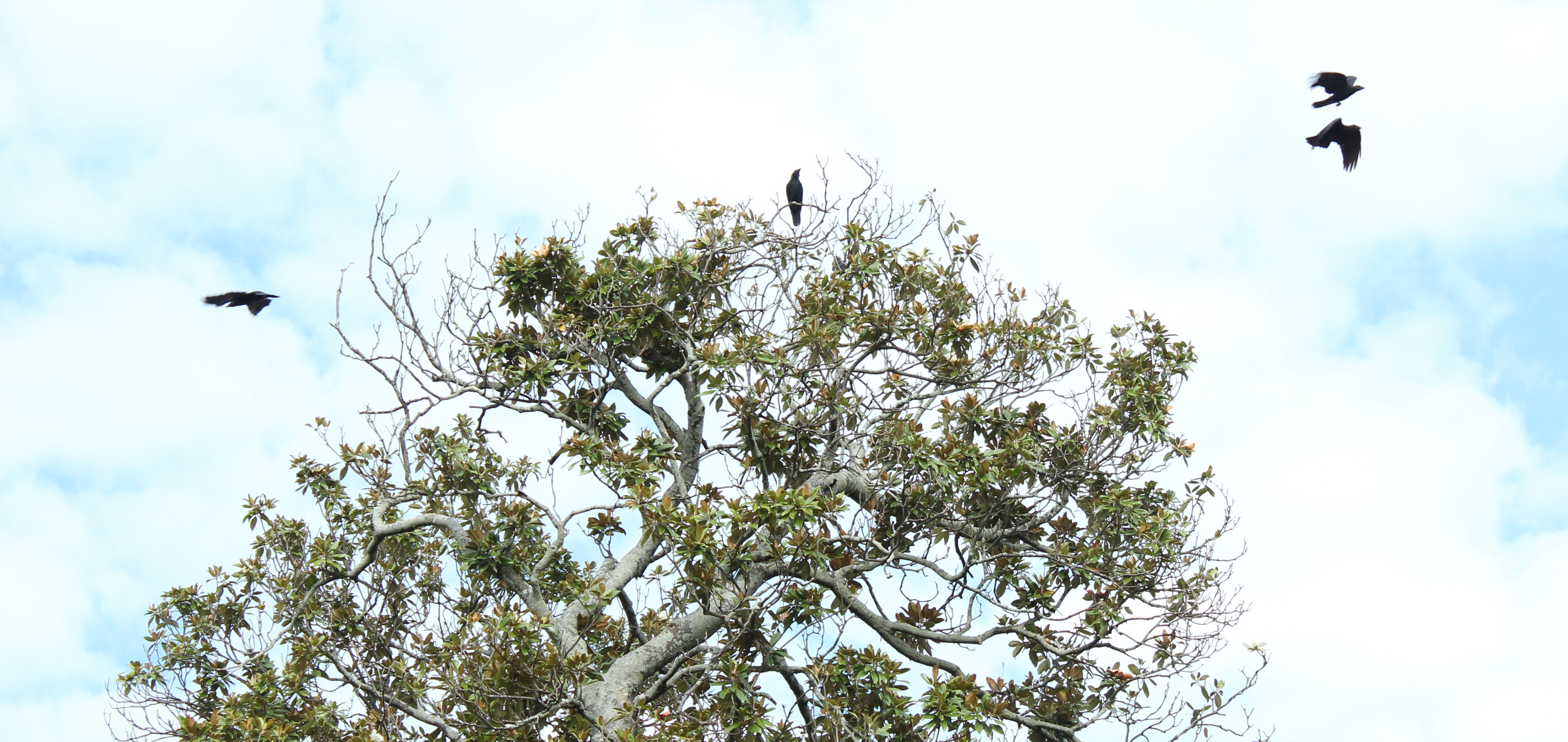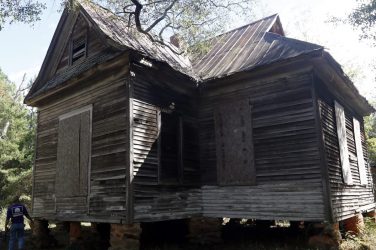 Athens is making efforts to educate people about the value of our under-appreciated avian friends, vultures.
Athens is making efforts to educate people about the value of our under-appreciated avian friends, vultures.
On Sept. 28, Athens is holding its sixth annual Athens Vulture Festival. The event will kick off with a bird walk at 8 a.m. and festivities will continue through noon. The bird walk will be lead by Ed Maioriello, volunteer at Vulture Festival and bird walk leader for 30 years.
The Black Vulture (Coragyps atratus), in the New World Vulture family, spreads its population from as far south as Chile and Uruguay to the Virginias. This span makes Georgia a comfortable middle-ground for the birds to build nests, lay eggs and clean our ecosystem.
Not everyone enjoys the presence of these sky born scavengers, though.
According to Christopher Whelan, an avian ecologist with the Illinois Natural History Survey and primary author of Ecosystem Services Provided by Birds, due to some myths about vultures attacking livestock and spreading diseases, these birds faced persecution from humans for many years.
“There is absolutely a direct correlation between the healthiness of vultures and the healthiness of humans,” Maioriello said.
Despite human perceptions of black vultures, this rigor mortis removal service that vultures offer is invaluable to human ecosystems. Upon death, carcasses begin producing pathogens that have proven harmful to humans. Vultures possess an elevated ability for the bird’s immune system to process and combat pathogens in carcasses. This means that when these birds pick apart roadkill, they are also breaking down the bacteria and viruses festering in the body.
The destruction of vulture populations around the world has made tangible impacts on humans. In India, people were feeding “sacred cows” pharmaceuticals to extend their lifespan, and after the cows inevitably died, the vultures would feed on them and get sick. This misstep in the vultures’ diet caused the vultures to die in mass numbers. The rates of disease skyrocketed in the region.
Alternatively, in south China, the regional tradition of “sky burials,” in which bodies are left open to the air for the consumption of vultures, had to be stopped after vulture populations crashed and there were not enough carrion consumers left to fully dispose of the bodies. Without vultures, the bodies piled up and disease spread.
Vultures are really, really important,” Maioriello said.
The Vulture Festival plans to change public perception of these helpful creatures in a fun and engaging environment. Swing down to Athens’ landfill to eat, educate and empathize with these feathered friends.
Aaron Smay is a senior majoring in journalism in the Grady College of Journalism and Mass
Communication at the University of Georgia.










Show Comments (0)